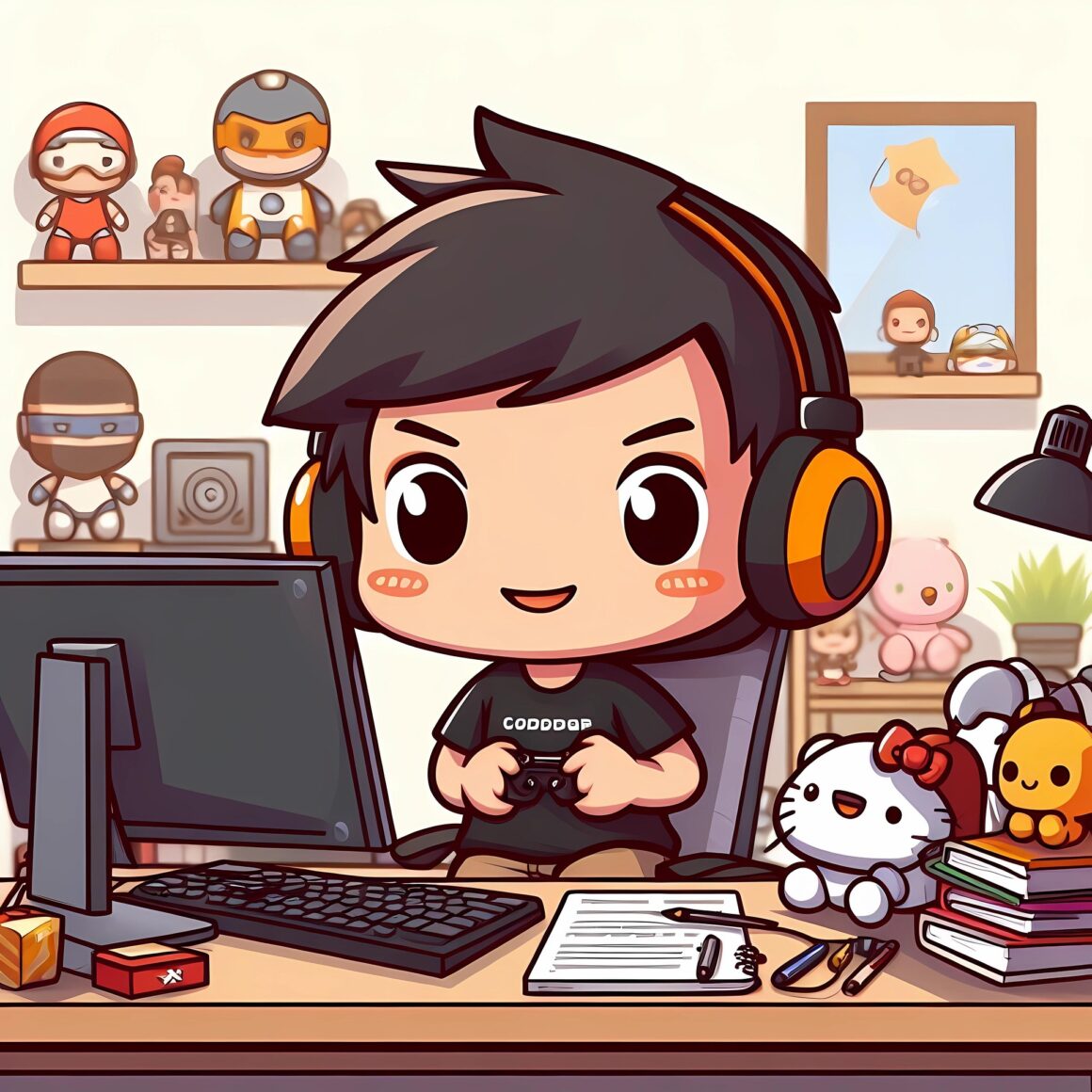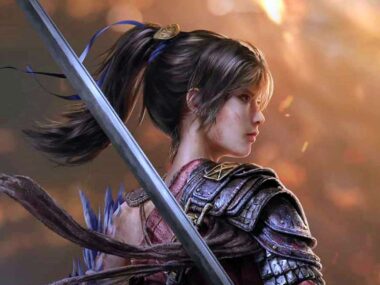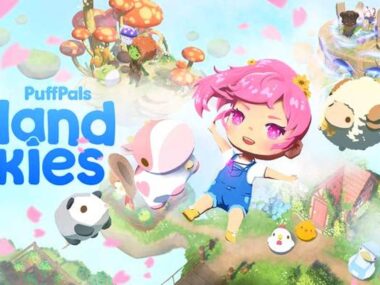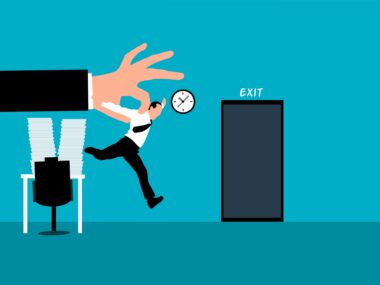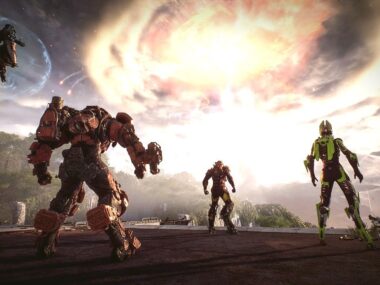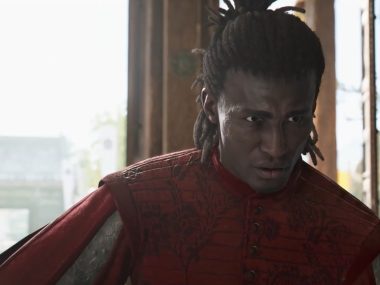While I respect Raphaël Colantonio’s opinion about Game Pass being unsustainable, I think there’s another side to this conversation. One that speaks more honestly about where the gaming industry is, not just where it used to be. Let’s play devil’s advocate for a minute.
People Weren’t Buying the Game Anyway
Take Avowed, for example. Obsidian clearly worked hard on it. It was supposed to showcase the world they created, their unique vision, their characters. But a lot of people didn’t like what they saw. The art style turned them off. The world didn’t pull them in. The story didn’t hook them. And yet the most common comment was: “Since it’s on Game Pass, I’ll try it.”
Let’s be honest. Those players weren’t going to buy the game anyway. That’s the elephant in the room that traditionalists don’t want to acknowledge. Game Pass captures money from people who wouldn’t have paid full price in the first place. For those who do love the game after trying it? Many of them end up buying it. Just look at Monster Hunter: Wilds. It’s not on Game Pass and it’s one of the best-selling games right now. People still buy games they love.
Game Pass Isn’t a Charity. It’s a Platform Investment
To be clear, I’m not some diehard Microsoft fan. I’m not a corpo defender. I try to look at things factually. Microsoft is doing what plenty of other companies do: investing in their platform.
Epic Games gave away free games every week for years to build up their user base. And it worked. I’ve tried games I never would’ve paid for and ended up buying sequels. Game Pass works the same way. It’s not about being generous. It’s about getting some money from the people who were giving zero before. Less piracy, right?
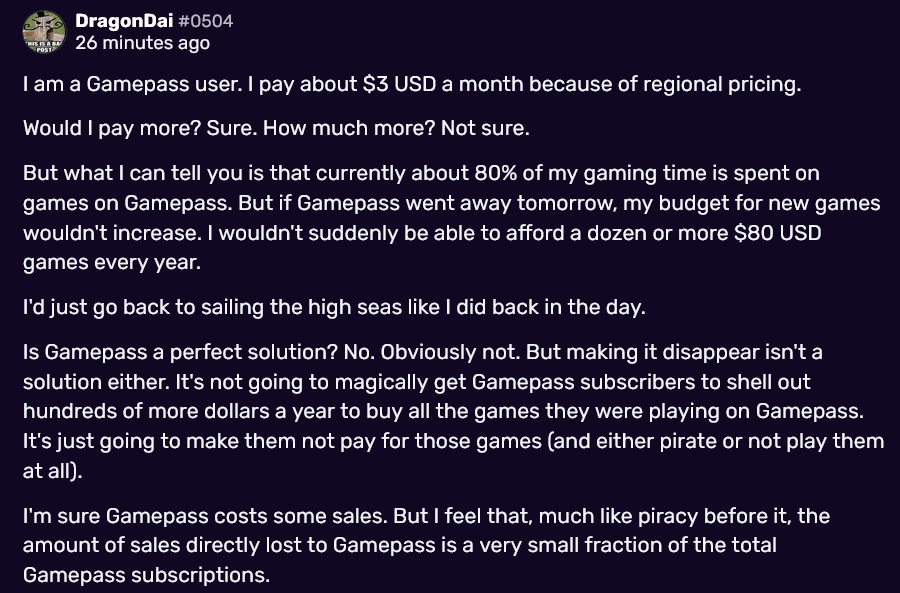
Even consumers are saying it. One commenter explained they only pay $3 for Game Pass thanks to regional pricing. “If Game Pass went away tomorrow,” they said, “my budget for new games would not increase. I wouldn’t suddenly be able to afford a dozen $80 USD games a year.” That’s the reality. Some money is better than none.
Game Ownership Is a Myth. Game Pass Just Admits It
Colantonio also left out another big elephant: we don’t actually own the games we “buy” anymore.
Steam tricked people into thinking they were building a digital shelf full of game boxes. In reality, it’s just a list of licenses that can be revoked or disappear. Why should consumers keep pretending there’s some emotional or financial permanence to paying full price for games they don’t own?
Game Pass acknowledges that shift. It says: “If you’re not going to own it anyway, at least don’t pay $80 for the illusion.”
The Business Model Debate: Colantonio Isn’t Wrong. Just Incomplete
Let’s break down what Colantonio is actually saying. His argument isn’t baseless. He’s raising valid concerns about sustainability. Game Pass is expensive to run. Microsoft has paid billions to get third-party games on the platform and launch first-party titles on day one.
Colantonio believes this level of spending can’t last. He calls it an “unsustainable model,” propped up by Microsoft’s “infinite money.” And he’s not alone. Larian’s publishing director, Michael Douse, echoed those fears. Particularly about what happens when that money dries up.
Here’s the catch: they’re not wrong. If Microsoft ever stops propping it up, the model might not survive.
That’s the key detail: Game Pass isn’t trying to be sustainable for everyone. It’s trying to be sustainable for Microsoft. And there’s a difference.
What the Numbers Actually Say
Game Pass isn’t bleeding money like some assume. It’s expected to bring in $5.5 billion in 2025, nearly doubling from $2.9 billion in 2021. It now makes up around 35% of Xbox’s revenue.
Subscriber numbers keep growing, 30 million as of 2024 and climbing. PC Game Pass subscriptions are up 30%, and Microsoft’s revenue from content and services continues to rise, even as hardware sales decline.
Is Microsoft still injecting “infinite money” into Game Pass? Doesn’t look like it. What they are doing is increasing prices and restructuring tiers to boost average revenue per user. The push toward the higher-priced Ultimate plan and removing cheaper tiers isn’t a red flag. It’s a sign they’re actively managing profitability.
Who Actually Loses in the Game Pass Model?
Here’s where Colantonio’s criticism hits hardest: Game Pass changes consumer behavior and that can hurt developers who aren’t part of the program.
Games that launch on Game Pass often see a dramatic drop in premium sales, up to 80% less on Xbox compared to what they’d likely sell without the subscription. And while Microsoft pays developers to be part of the service, smaller studios or indie publishers might not get deals generous enough to make up the difference.
That’s where Game Pass gets messy. It’s not just a Microsoft strategy. It rewires how consumers think about value. For those not on Game Pass, it becomes harder to sell games at full price. That’s a real challenge, especially for developers without the luxury of multi-platform releases.
A Consumer-Friendly Model in an Unfriendly Economy
At the end of the day, Game Pass is a product of its environment. It didn’t create the problems. It’s reacting to them.
Games are more expensive than ever. Consumers are more cautious. Ownership is dead. And developers are under intense pressure from shareholders and shifting business models. Game Pass steps into that mess and offers a middle ground: access over ownership. Try before you buy. Pay less for more.
That’s not “ruining” the industry. It’s just meeting people where they are.
What’s the Real Issue Here?
Colantonio’s concerns deserve attention, but blaming Game Pass for the industry’s problems feels like blaming the thermometer for the fever. The real issue is a fragile business model where traditional sales aren’t cutting it anymore, and where consumers are tired of paying more for less.
Game Pass isn’t a perfect solution. It may not work for everyone. But it’s a realistic response to a rapidly changing industry. It’s doing what most companies refuse to: admit the rules have changed.
If you want people to pay for your game, make a great one. They’ll find a way.
